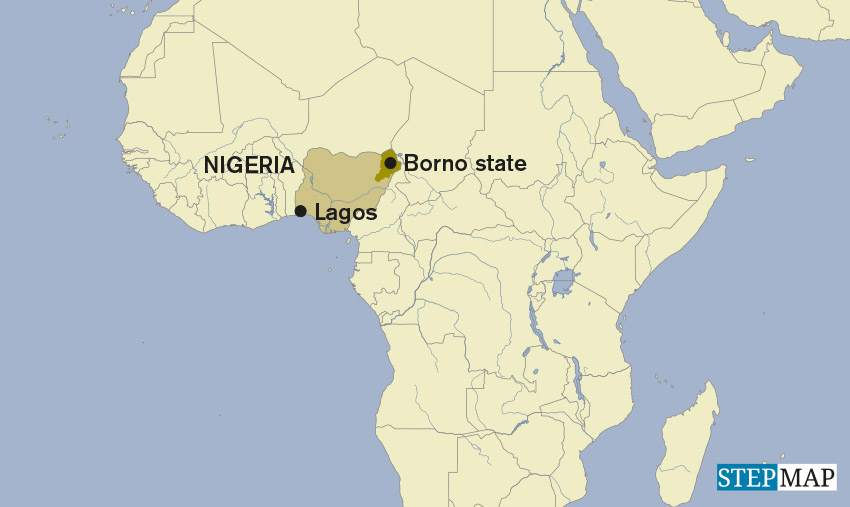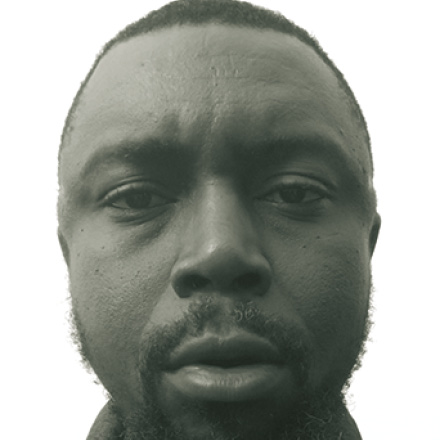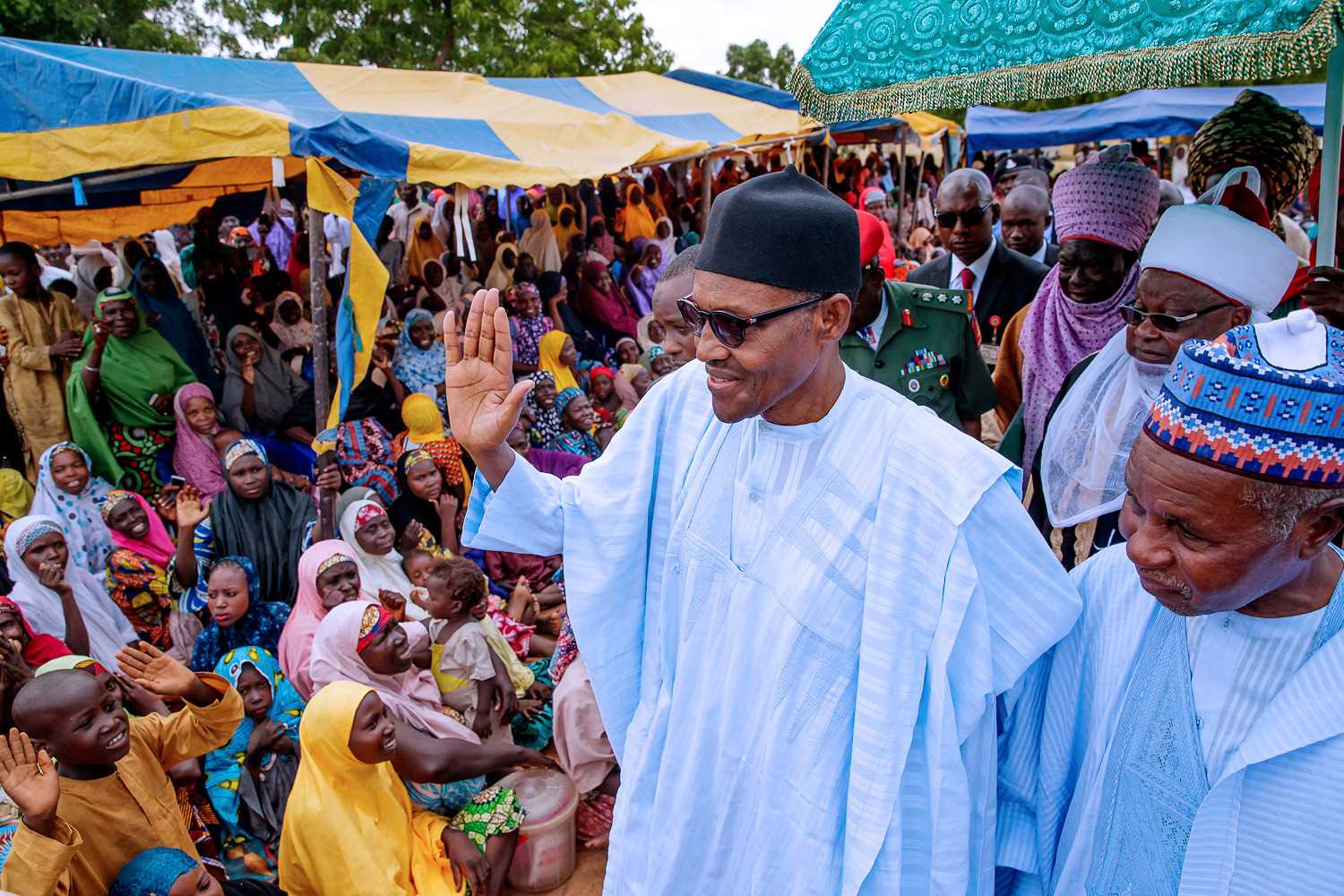Gender relations
Young Arab men fight for women’s rights

Heide Serra from Amica, a German aid organisation, notes a “high willingness” in men to engage in the fight for women’s rights as fundamental human rights. Amica works with Nataj, a newly founded women’s organisation in Benghazi, Libya. Nataj addresses all issues women face in the context of the country’s difficult transformation.
28-year-old Marrwan Gargoum is a well-known activist. He assists the Nataj management. He appreciates that women played an important role in Libya’s revolution. Today, life is very difficult, and especially so for women, in the war-ravaged city. But: “There is a strong women’s movement in Benghazi, and it’s growing everyday”, Gargoum told a conference in the German city of Freiburg on 25 November, the UN international day for the elimination of violence against women. The conference was organised by Amica in collaboration with Heinrich Böll Foundation.
Harassment in public
Mohammed El Khateeb from Egypt is another young man committed to protecting women’s rights. He works with HarassMap in Cairo, an initiative that works to create an environment that does not tolerate sexual harassment. “Ninety-three percent of all women in Egypt become victims of sexual harassment or abuse, and 81 % of the harassment happens in public, with no one interfering,” El Khateeb says. In his view, raising awareness for the issue is crucial since many Egyptians deny it exists at all. “One has to acknowledge the problem in order to tackle it,” the 23-year-old man says. HarassMap has posted an interactive map online, so victims and witnesses can report cases of harassment in public.
In regard to the Arab spring of 2011, El Khateeb says the people wanted Egypt to change. “There is an active civil society in Cairo,” he says, “and women and men work together.” According to El Khateeb, many men find sexual harassment offensive and want to prevent it. In his eyes, it is the job of the police and courts to sanction abusive behaviour, but civic activists must make sure social attitudes change so gender abuse will generally be considered unacceptable.
Annemarie Sancar of the Centre for Peacebuilding (KOFF) of the Swiss Peace Foundation insists that protecting women, as resolution 1325 requires, must not lead to excluding them from the public sphere. “That would mean backing down,” she says. In her view, prevention is most important, and root causes must be tackled.
In the regions controlled by the terror militia ISIS in Syria and Iraq, violence against women is especially widespread. Laila Alodaat is a Syrian human-rights lawyer, who works for the Women’s International League for Peace and Freedom (WILPF). She points out that the problem did not start with ISIS but has long been tolerated in both countries.
However, in armed conflicts women are exceedingly vulnerable. “Generally, they don’t fight, they don’t hold arms, they cannot defend themselves,” Alodaat says. Furthermore there are many restrictions, for example of movement. “The country’s legal and administrative system collapsed, and this has a big impact on women,” Alodaat bemoans, summarising: “The armed conflict took away the few gains Syria’s women had made since independence.”
Jan Ilhan Kizilhan, psychologist and orientalist, can tell of horrible atrocities against the Yezidi minority in northern Iraq. “Women are sold by ISIS, enslaved, raped, tortured,” he says. According to him, ISIS is following a fascist ideology, dehumanising others, and carrying out a genocide of the Yezidi.
The Yezidi are relatively well known, but other religious and ethnic minorities are not. “There are millions of women who face similar threats,” Alodaat warns, calling for more prevention efforts.
Katja Dombrowski
Links:
Amica:
https://www.amica-ev.org/en?set_language=en
HarassMap:
http://harassmap.org/en/












